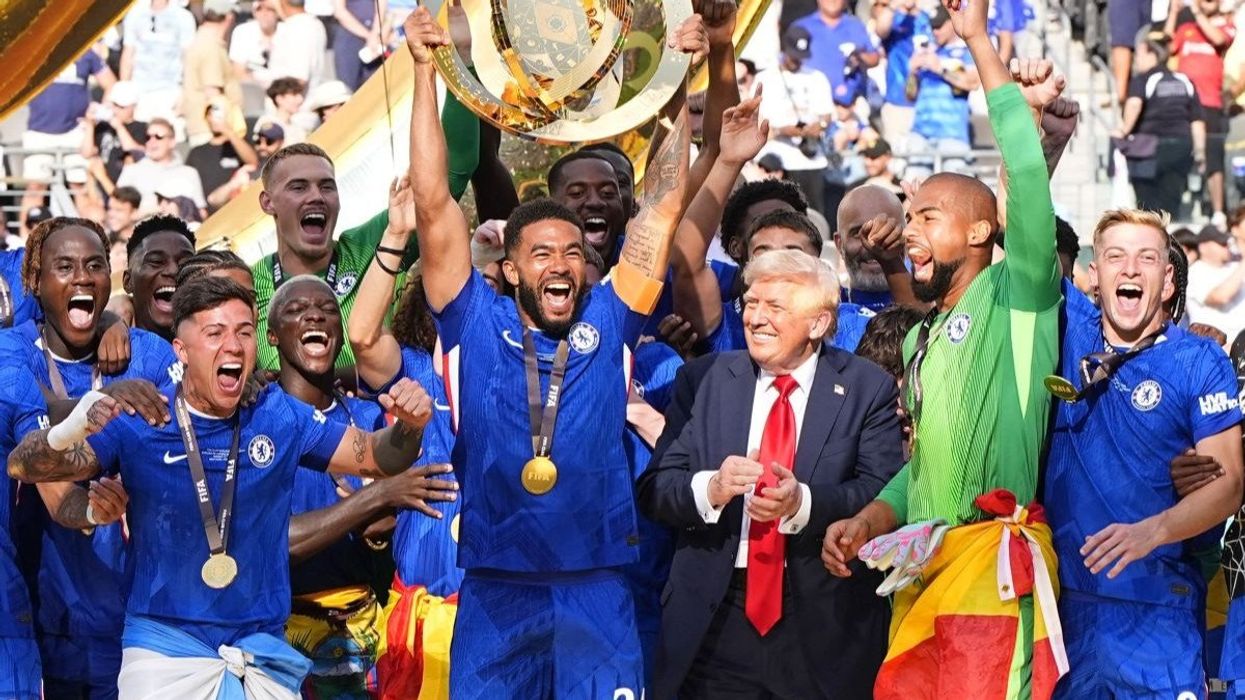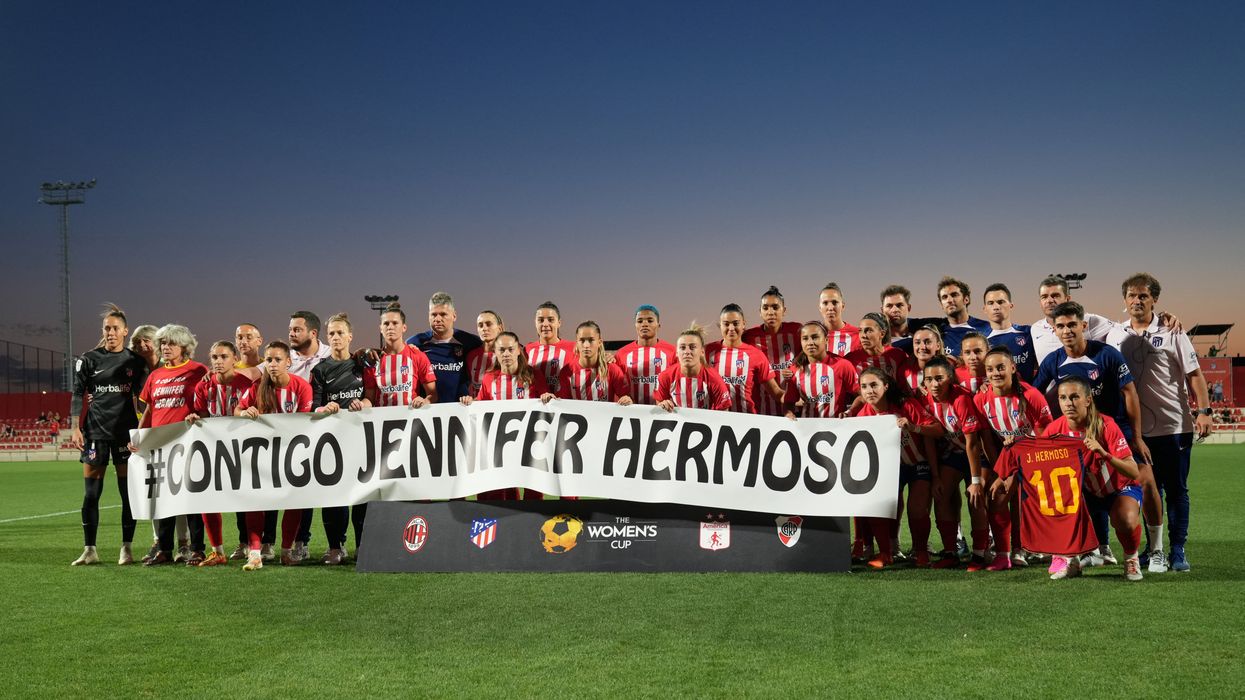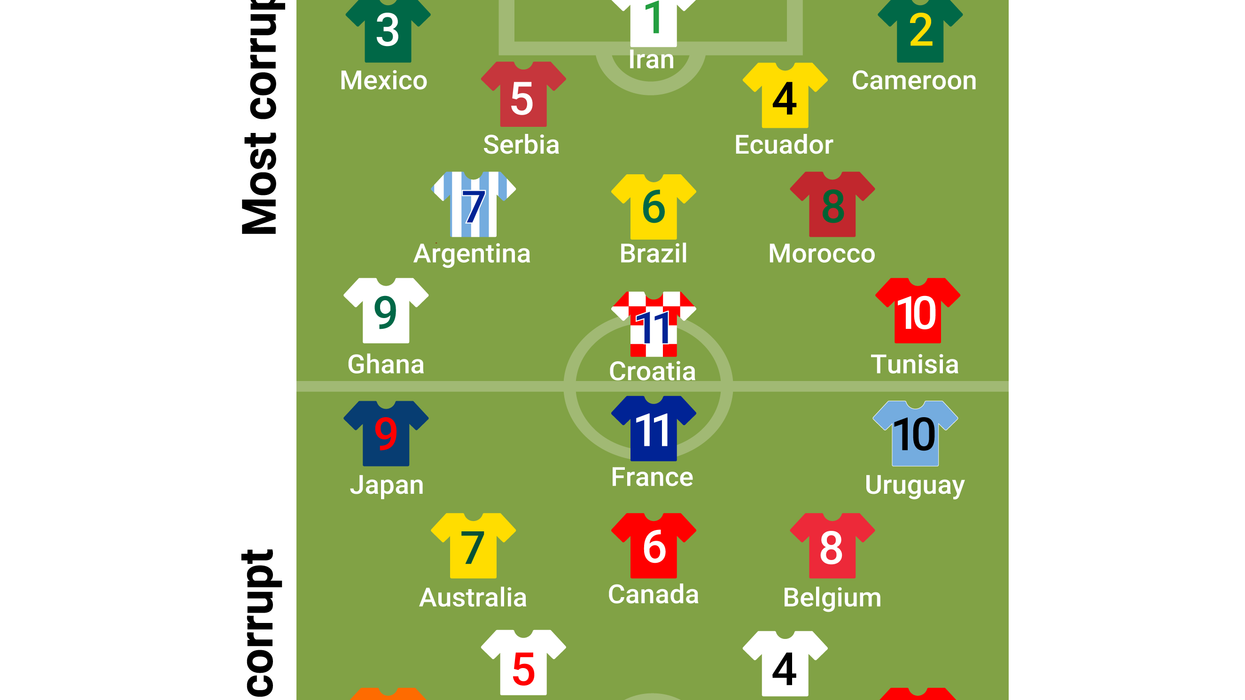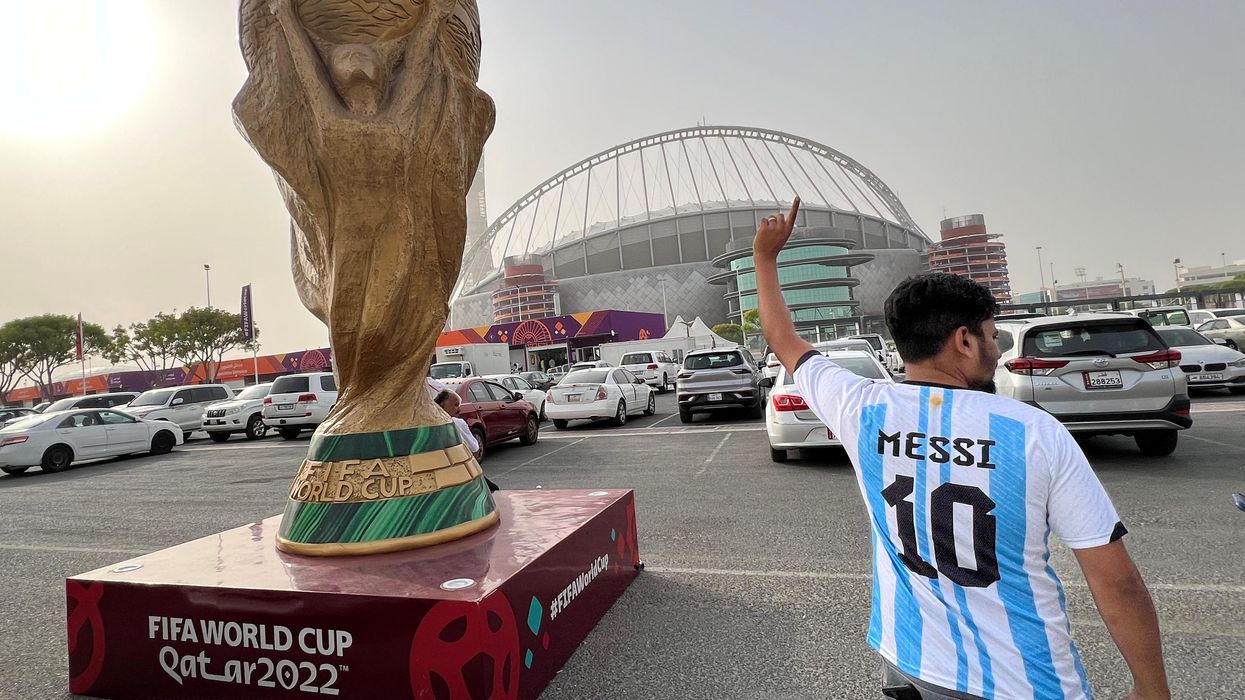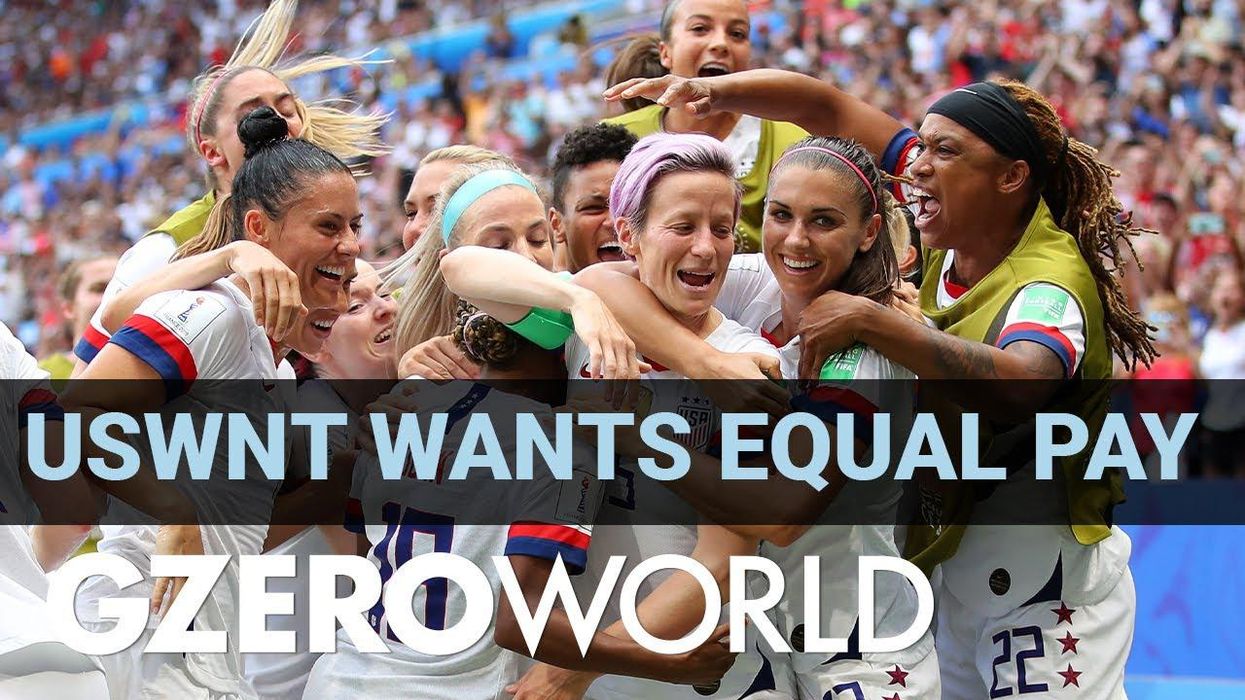Analysis
Three things we learned from the Club World Cup
London-based, American-owned Chelsea stunned Qatari-owned, French-based Paris Saint-Germain in the Club World Cup final yesterday, but the dress rehearsal for next year’s World Cup faced some hiccups.
Jul 14, 2025
